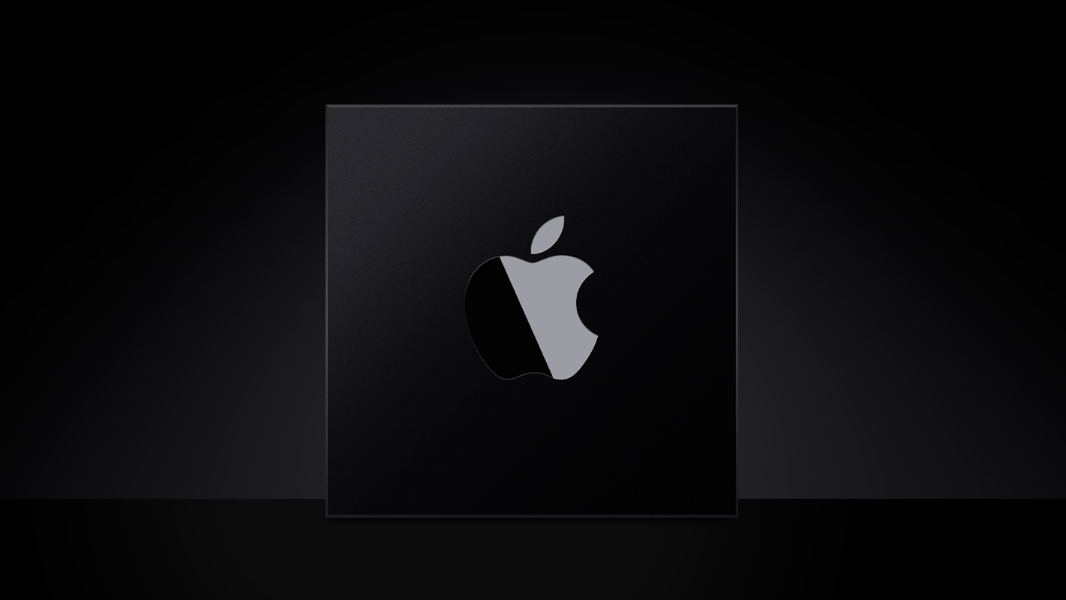Report: Apple’s M4 Chip to Enable New AI Capabilities and Memory Options on Upcoming Macs
- Laurent Giret
- Apr 11, 2024
-
9

It’s been nearly six months since Apple started refreshing parts of its Mac lineup with its latest M3 chip. If the company sticks to its yearly release schedule, a new M4 chip should be coming later this fall. And according to a new report from Bloomberg’s Mark Gurman, Apple’s next M-Series chip will be coming to all Mac models and enable new AI capabilities and memory options.
Last year’s M3-Series chips brought modest performance improvements and support for AV1 decoding hardware-accelerated ray-tracing. As of today, Apple only refreshed its MacBook Air, MacBook Pro, and 24-inch iMac with M3 chips, but it appears that other Mac models that still use M2 chips may go straight to the upcoming M4.
Windows Intelligence In Your Inbox
Sign up for our new free newsletter to get three time-saving tips each Friday — and get free copies of Paul Thurrott's Windows 11 and Windows 10 Field Guides (normally $9.99) as a special welcome gift!
"*" indicates required fields
“Apple is aiming to release the updated computers beginning late this year and extending into early next year,” Gurman wrote. “There will be new iMacs, a low-end 14-inch MacBook Pro, high-end 14-inch and 16-inch MacBook Pros, and Mac minis — all with M4 chips. But the company’s plans could change.”
Gurman believes that we should once again see different models of the M4 chip, similar to the current M3, M3 Pro, and M3 Max lineup. As of today, the M3 Max chip only supports up to 128GB of unified memory, which is less than the 196GB on the M2 Ultra Mac Pro. However, according to Gurman, “Apple is considering allowing its highest-end Mac desktops to support as much as a half-terabyte of memory.”
The base M4 chip codenamed “Donan” is expected to end in the entry-level MacBook Pro and Mac Mini, as well as new MacBook Air models. A more powerful “Brava” chip should power the high-end MacBook Pros and Mac Mini, while the Mac Pro should get the top-of-the-line M4 chip codenamed “Hidra.” As for the Mac Studio, Gurman said that “Apple is testing versions with both a still-unreleased M3-era chip and a variation of the M4 Brava processor.”
If all Apple Silicon Macs come with neural processing units (NPUs) to improve AI workloads, Apple has yet to join the generative AI race currently dominated by OpenAI, Microsoft, and Google. However, the next version of macOS, which Apple plans to announce at its WWDC developer conference in June, could finally change that.
“The big focus for Apple this year is to add new artificial intelligence features across its products,” Gurman said. “The company is planning to preview a slew of new features at its June developer conference. A large swath of those features are designed to run on the devices themselves — rather than in remote servers — and speedier chips will help drive those enhancements.”
Of course, Apple still very much remains the iPhone company, and the upcoming iPhone 16 and iOS 18 should also come with a heavy AI focus. After innovation has started to slow down in the smartphone market – unless you care about foldables – generative AI features that can run directly on smartphones may eventually give consumers another reason to upgrade.